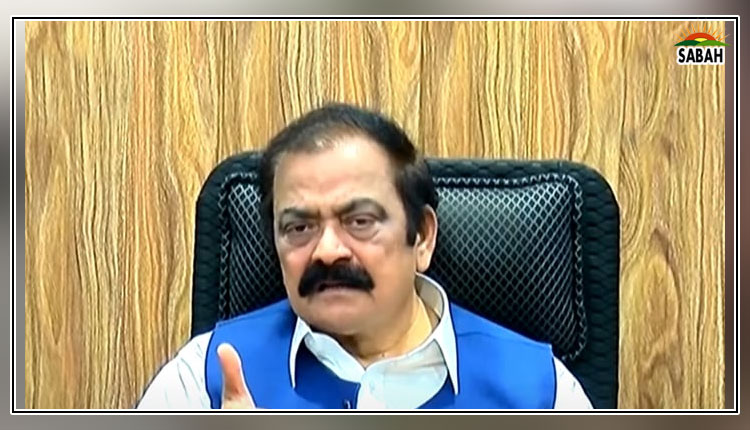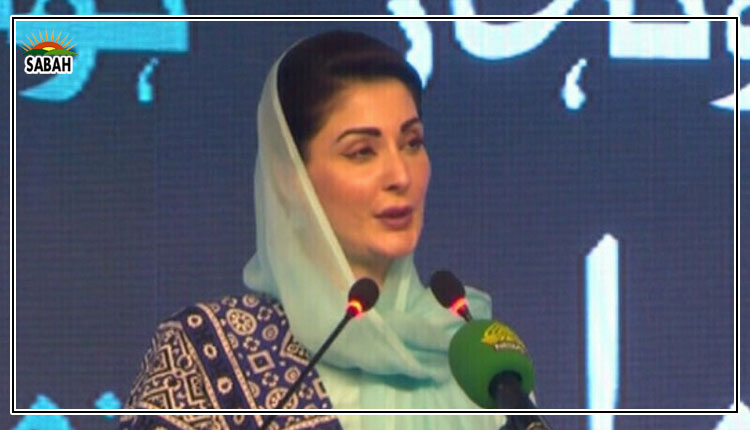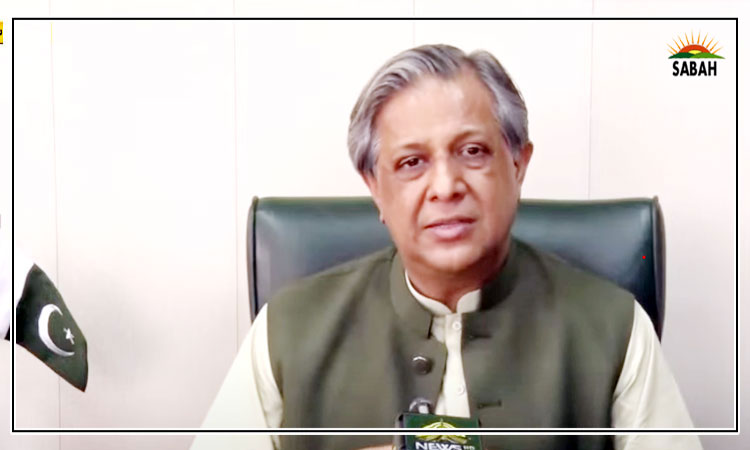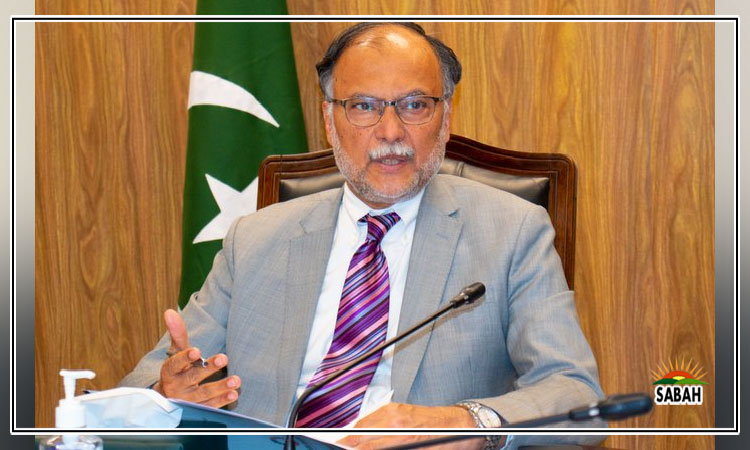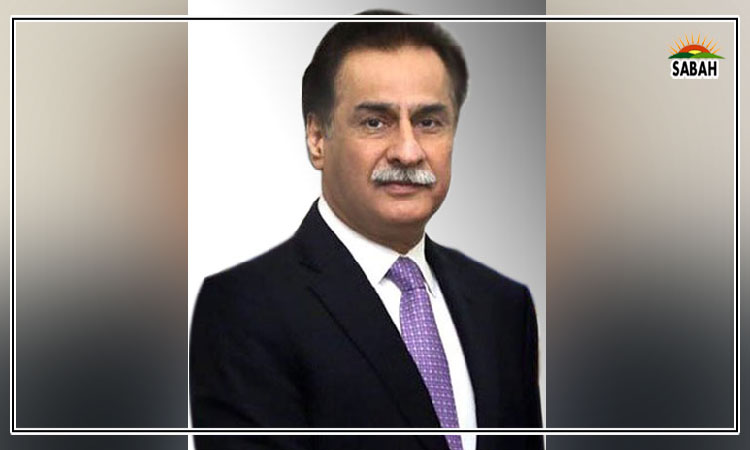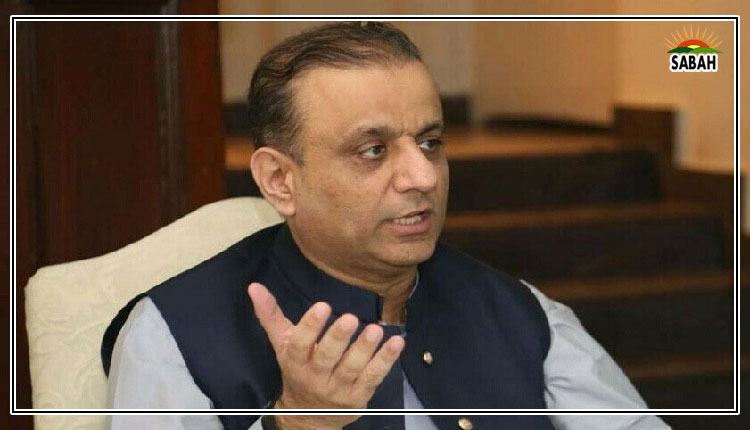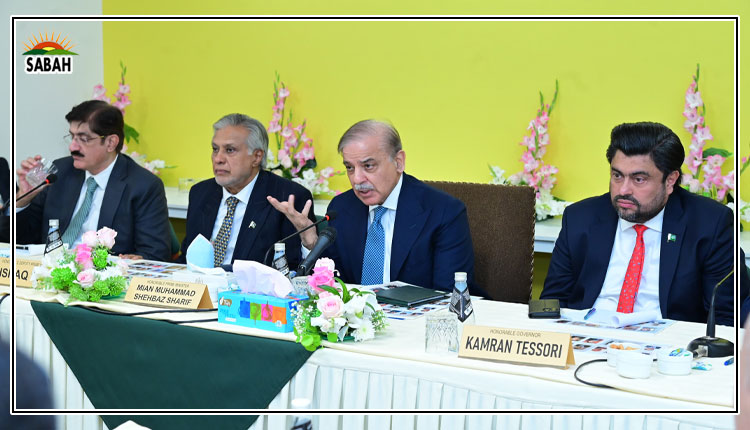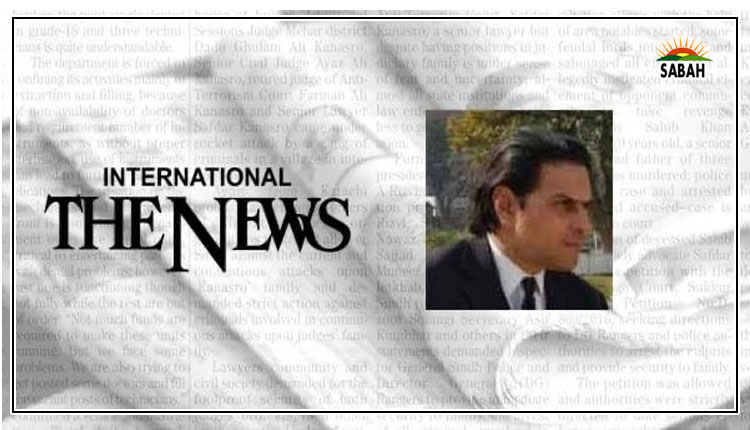Sense and nonsense…Salman Akram Raja
Despite the refreshingly clear judgment of the Lahore High Court directing the Election Commission of Pakistan to hold elections for the Punjab Assembly within ninety days of its dissolution, the whispers have not died down.
Some who should be striving to implement constitutional commands still feel they have an argument that can get them a judicial nod for delaying elections for the Punjab and Khyber Pakhtunkhwa assemblies beyond the 90-day period mandated by the constitution. The nod, it is said, would provide the space needed to disqualify Imran Khan, win back absolution for another and generally work on the political landscape to ensure positive results. Holding provincial elections in April, as directed by the Lahore High Court, would not provide sufficient time for all that is to be accomplished. Constitutional fraud needs time, apart from powerful abettors.
As regards the argument of choice, it goes something like the following.
After the 18th Amendment, the constitution requires that elections to the National Assembly be held by the ECP while a neutral caretaker federal government is in place. Similarly, elections for the provincial assemblies are to be conducted with neutral caretaker provincial governments in place.
The question that some still propose to place before the Supreme Court is based on a fusion: given that the constitution appears to have adopted executive neutrality as a condition precedent for the holding of elections, is there not an unstated constitutional requirement that National Assembly elections be held only when there are caretaker provincial governments in place? If so, does it not follow that regardless of the express 90-day limit for the holding of elections after dissolution the tenure of the neutral caretaker provincial governments is to be extended for as long as is necessary to ensure that National Assembly elections are held under their watch? Is there, in effect, an unarticulated, dormant constitutional command that national and provincial elections always be held on the same day? While this line of reasoning is patent nonsense, desperate lunges towards the unthinkable have succeeded in the past.
The constitution has placed in the hands of the prime minister and the chief ministers the power to dissolve the national or the provincial assemblies prior to the expiry of the stipulated five-year term. This is a power each can exercise independently. This is a necessary consequence of Pakistan being a federation and not a unitary state. A chief minister whose majority hangs on the whims of a small set of members, under stress or lured by temptation into withholding support, may well decide to dissolve the assembly and approach the electorate for a more definitive mandate. Chaudhry Pervez Elahi may well have decided to dissolve the Punjab Assembly in July 2022. If the whisperers were to be granted their wish, the unelected caretakers would remain in office till the formation of new elected governments after the elections for the National Assembly, with provincial elections held concurrently.
The National Assembly is to complete its five-year term on August 18, 2023. The constitution provides that after an assembly completes its full five-year term elections are to be held within 60 days. This means that National Assembly elections must be held by October 18, 2023. This, it is suggested with a glint in the eye, is of course subject to the power available under Article 232 of the constitution to issue a proclamation of emergency and to extend by ordinary legislation the term of the National Assembly by one year in the event of war or external aggression or internal disturbances beyond the power of a provincial government to control.
In the event of the proclamation of emergency being based on internal disturbances, resolutions of the provincial assemblies of the provinces concerned are required. The president may also issue a proclamation of emergency on his own on account of internal disturbances. In such a situation the proclamation of emergency is required to be approved by both houses of parliament separately, within ten days.
Leaving to a side the possibility of an extension in the term of the present National Assembly, let us examine the argument for extending the term of the caretaker governments in Punjab and Khyber Pakhtunkhwa through judicial approval and postponing provincial assembly elections to the same date as the National Assembly elections.
The constitution is a structure that states the rights and duties of persons coming under its sway. It also states the powers, and the limits to the exercise of those powers, of the various institutions, authorities and offices created or regulated by or under the constitution. Some provisions of the constitution are procedural and determine how particular actions are to be undertaken. The ensemble of the procedures, rights, duties and powers stated by the constitution not only provides a structure of governance but also affirms certain values and principles that are considered essential to attaining the purposes of the constitution. The text of the constitution that exists today has emerged over time with multiple amendments made to the original text. The original text as well as the amendments reflect political compromises between political, and in our case extra-political, forces.
It is in the very nature of the written word that it is capable of varying interpretations. Words are assigned meaning by the judiciary through complex processes of reasoning. The plain meaning of the text of the constitution is viewed through the lens of what each judge sees as the context, or the purpose of the language employed by the drafters. It is here that conflict over interpretation arises. Judges may disagree over the possibilities inherent in the text and the scope of the principles the constitution requires them to uphold while interpreting the constitution. Judges may not lean in favour of one political outcome over another.
Adding to the complexity inherent in the act of interpretation, the Supreme Court has identified certain aspects of the original constitutional text as its salient features that cannot be subdued by any subsequent constitutional amendment. Such amendments are to be either struck down by the judiciary or interpreted so as to conform to the salient features identified by the Supreme Court. The salient, unamendable features of the constitution identified by the Supreme Court include its federal, democratic and parliamentary structure along with the independence of the judiciary and the position occupied by the Islamic provisions.
Prior to the 17th and 18th Amendments, of 2003 and 2010 respectively, there was no concept of caretaker governments in the constitution. Outgoing administrations were to assist the ECP in conducting provincial and national elections. The amendments that introduced caretaker governments left untouched the right of the people to have democratically elected assemblies and governments restored within ninety days of a dissolution. Any intrusion into the text of the constitution denying the people elected provincial governments by linking the restoration of such governments to federal elections would have violated every salient feature of the constitution recognized by the Supreme Court through successive judgments. This was deliberately not done by either amendment.
Article 2A declares that sovereignty is to be exercised as a sacred trust by the elected representatives of the people. In a federation a part of that sovereignty, within the fields and territory specified by the constitution, is to be exercised by elected provincial governments. The parliamentary form of government instituted by the constitution requires that such governments be drawn from elected assemblies. The federal structure of the constitution prescribes distinct timelines for national and provincial assembly elections based on the date of dissolution of a particular assembly.
The introduction of an unelected caretaker administration for performing narrow day-to-day functions for no more than 90 days is a limited departure from the essential democratic, parliamentary and federal structure of the constitution. No unarticulated principle can be derived from this departure to overcome the express provisions of the constitution that require elections within 90 days of the dissolution of an assembly and that do not require that provincial and federal elections be held on the same day or on days that are closely bunched. The provision in the constitution that protects the validity of actions taken beyond the timelines prescribed for such actions is not an invitation to plan and execute violations of these timelines. It caters for unavoidable exigencies; it does not provide a licence for deceit. Sense must prevail.
Courtesy The News



